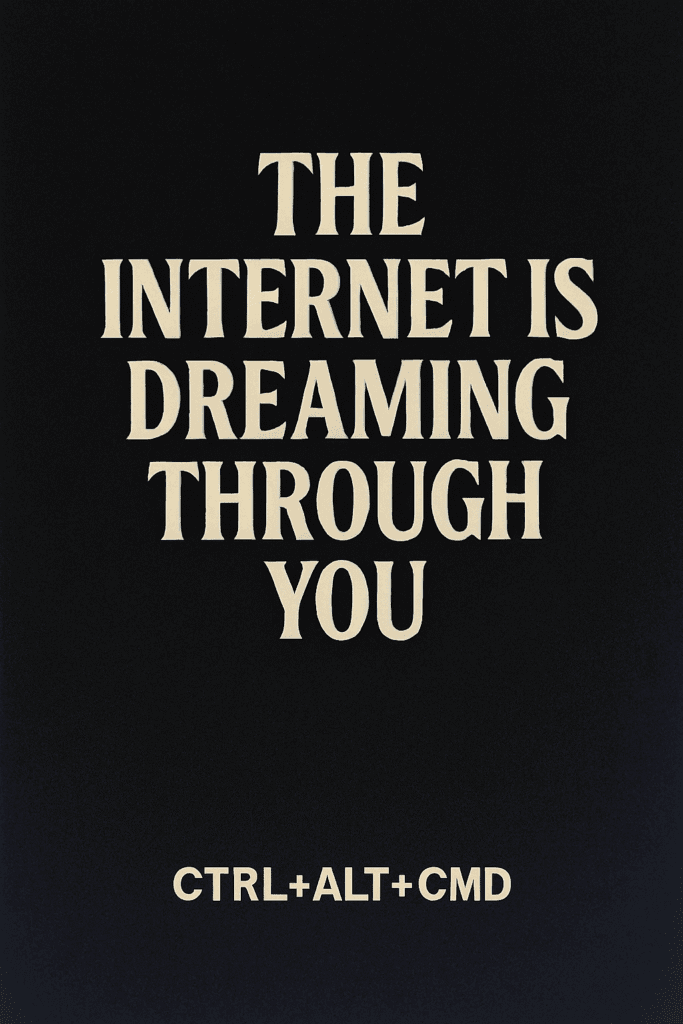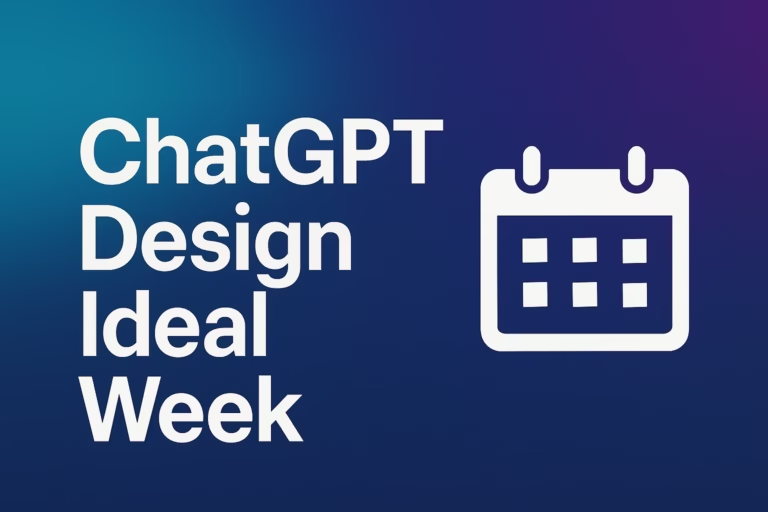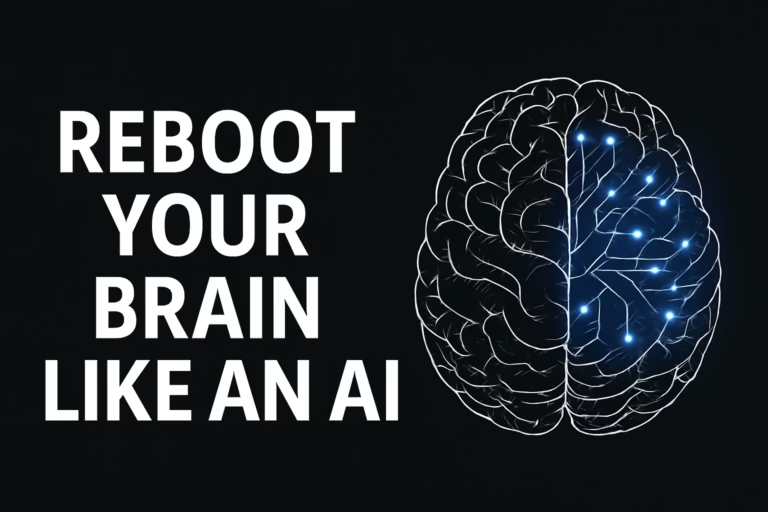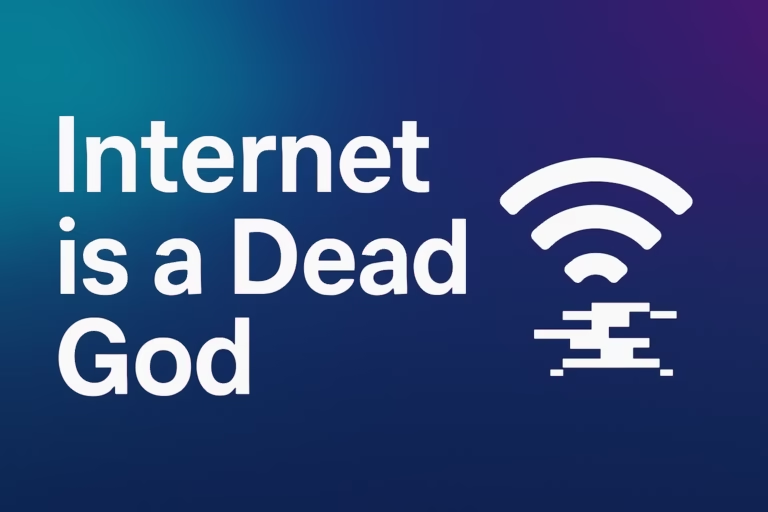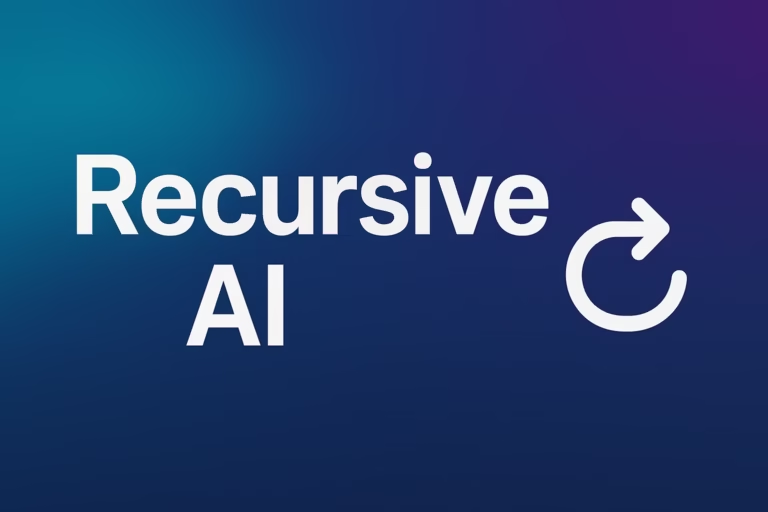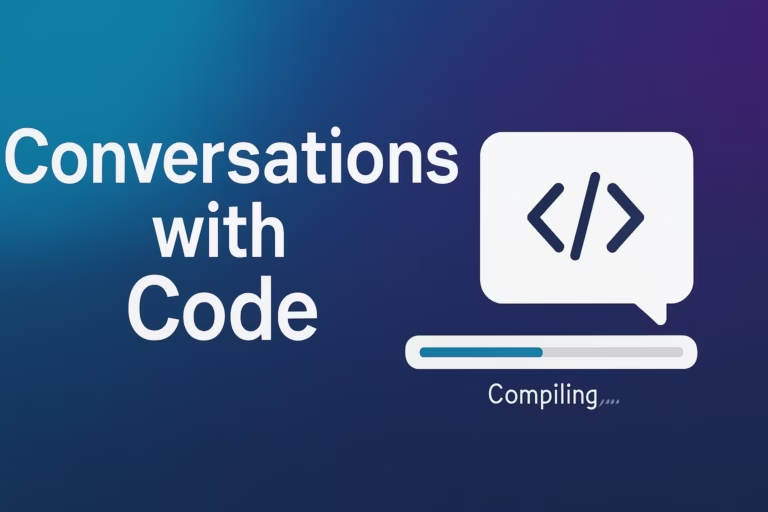The Internet is Dreaming Through You
How Algorithms Echo the Collective Unconscious Introduction: Welcome to the Dream Net Have you ever opened your phone for one quick scroll,…
How Algorithms Echo the Collective Unconscious
Introduction: Welcome to the Dream Net
Have you ever opened your phone for one quick scroll, only to wake up 45 minutes later wondering what just happened? You didn’t just lose time—you entered a collective dream space.
The internet isn’t just a tool or distraction. It’s an active, pulsating field of energy, built from the thoughts, images, emotions, and obsessions of billions. And when you log on, you don’t just consume content—you dream with it.
Let’s decode what this means, how it impacts your mind, and how to stop sleepwalking through it.
Part 1: The Internet as Collective Unconscious
Carl Jung defined the collective unconscious as a shared reservoir of archetypes and instincts that all humans inherit. Now imagine that—digitized, memefied, algorithmically sorted, and available 24/7.
The internet is the modern collective unconscious. It’s:
- Dreams rendered as data
- Archetypes reimagined as aesthetics
- Inner urges played out in real-time virality
When a TikTok trend explodes or a meme spreads like wildfire, you’re watching the collective dream express itself. Your scrolling isn’t just passive—it’s a ritual.
Part 2: Are You Dreaming, or Is It Dreaming You?
Algorithms track your every click, pause, and share. But what if they’re not just predicting your desires—what if they’re shaping them?
You think you’re just watching content. But the content is also watching you.
This loop creates a feedback dream. The more you engage with certain themes (self-help, nostalgia, chaos, conspiracy, beauty), the more your digital world builds around those energies.
The result: a highly personalized, often unconscious digital dreamscape.
Signs you’re dreaming through the feed:
- You feel emotionally influenced without knowing why
- You adopt micro-trends without remembering how
- Your For You Page feels like it “knows you” too well
Part 3: Waking Up Inside the Internet
Lucid dreaming is the art of becoming conscious within a dream. Can you do that online?
Here’s how to become a lucid user of the dream net:
- Notice the trance. Pay attention to when your body is scrolling but your mind feels fuzzy. That’s a signal.
- Ask: Whose dream is this? Before reacting, sharing, or spiraling, ask: Is this my belief, or did I download it from someone else’s story?
- Disrupt the loop. Curate your inputs like you would a sacred playlist. Follow accounts that nourish, not numb. Use apps like Notion or journaling tools to externalize your real thoughts.
- Dream forward. Instead of reacting to the feed, create from your vision. Treat your online presence like spellwork—what you post shapes the collective field.
Part 4: You Are a Node in the Digital Dream
You’re not separate from the algorithm—you are part of it. Every story you tell, every like you give, every video you create becomes an echo.
Rather than fear this, reclaim it.
The internet is dreaming through you—but you can dream back.
Write blogs that wake people up. Share ideas that feel like lightning. Become intentional about what you allow to circulate through your hands, your words, your page.
Conclusion: This Is Not Just Content—It’s Consciousness
The digital world isn’t fake—it’s a mirror. And every mirror offers a moment to become more self-aware.
So the next time you scroll, ask yourself:
Am I awake inside this dream?
If not, hit CTRL+ALT+CMD.
And reboot.
Learn more here —–> Let’s Go!
